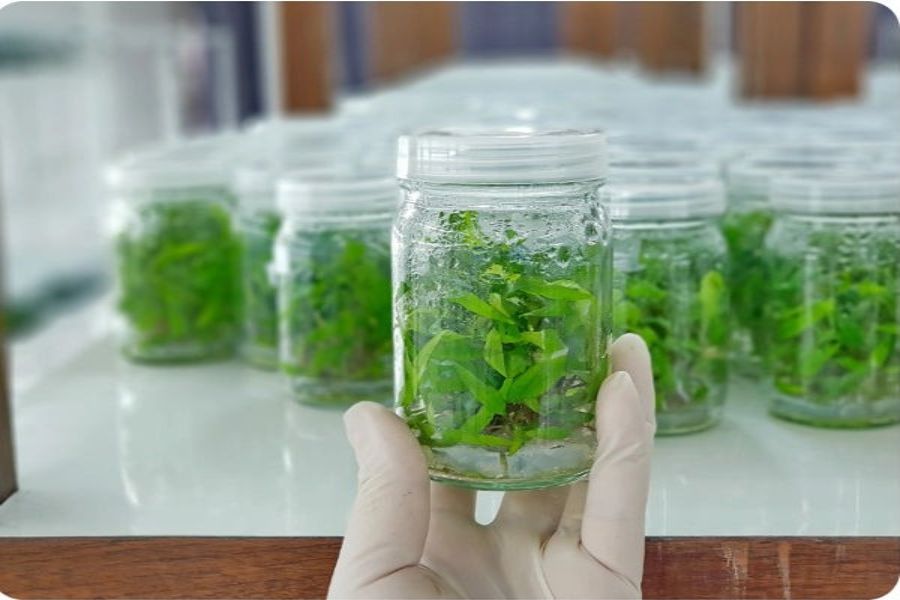Tissue culture involves growing plant tissues, such as leaf cuttings, stem cells, or root cultures, in a nutrient-rich medium under controlled conditions. By isolating and cultivating these small samples, scientists can regenerate whole plants, maintaining desirable traits like disease resistance and high yield. This method is often referred to as micropropagation. Why is Tissue Culture Important? 1. Rapid Plant Propagation: One of the biggest advantages of tissue culture is the ability to produce a large number of genetically identical plants in a short period. This is particularly useful for producing high-quality crops in bulk, such as banana, orchids, and potatoes. 2. Disease-Free Plants: Tissue culture helps produce disease-free plants by eliminating pathogens that may be present in traditional seed-based propagation. This leads to healthier crops and more efficient production. 3. Preservation of Rare Species: For endangered or rare plant species, tissue culture provides a method for long-term preservation. It ensures the regeneration of plants that may not reproduce easily in the wild. 4. Genetic Improvement: Tissue culture allows for precise genetic manipulation, which can lead to improved crops with enhanced traits such as better resistance to pests, drought, and diseases.
